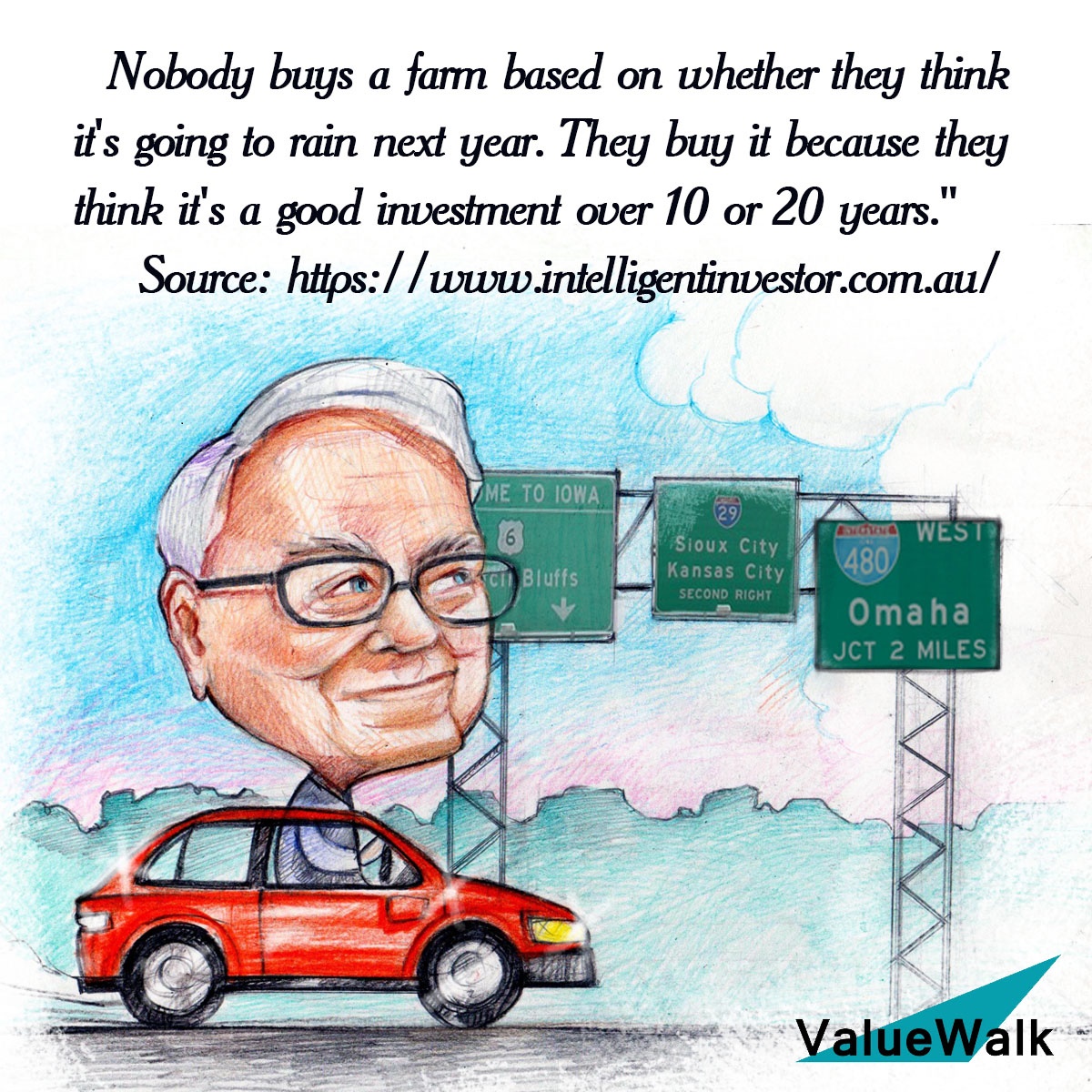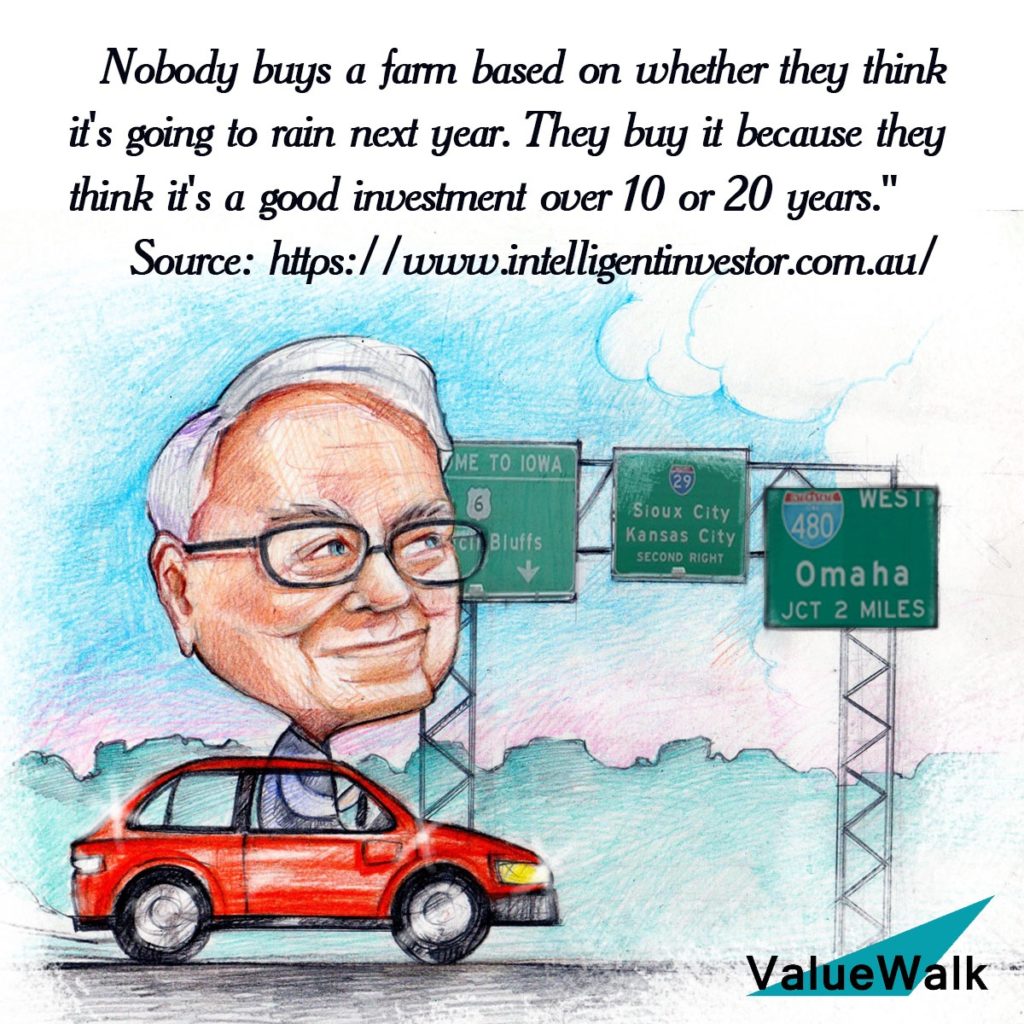Below is the article published on Warren Buffett on December 27, 1999. The dot-com bubble of the late 90s was a wild time for the stock market. People quit their jobs and became millionaires day-trading tech stocks. Buffett didn’t want anything to do with the high-flying stocks. Chimps were having better returns.
[buffett]
Q2 hedge fund letters, conference, scoops etc
On December 27, 1999, Barron’s published a piece entitled, “What’s Wrong, Warren?” which suggested “Warren Buffett may be losing his magic touch.”
A bullish BRK analyst (Russ) in the article was comparing Yahoo to Berkshire. “Berkshire’s market value is less than Yahoo‘s, yet Berkshire could earn $2 billion after taxes in 2000, while Yahoo will be lucky to make $200 million.” Berkshire now is valued at $83 billion, while Yahoo has a capitalization of $120 billion. Russ believes that Berkshire could double over the next several years.”
In December 1999, Yahoo’s market cap was worth 120 billion and BRK 83 billion. Last year Verizons bought Yahoo for $4.5 billion and Berkshire is now worth over $500 billion.
It was probably not Barron’s shiniest moment.
What’s Wrong, Warren?
Reposted from Barron’s
By Andrew Bary
After more than 30 years of unrivaled investment success, Warren Buffett may be losing his magic touch.
Shares in Buffett’s Berkshire Hathawayare set to experience their first annual decline since 1990 and their second-worst year of performance, relative to the Standard & Poor’s 500 Index, since Buffett took control of what had been a struggling New England textile maker in 1965.
At around $54,000 a share, Berkshire’s Class A stock is off 23% in 1999, against an 18% return for the S&P 500 (including dividends). Berkshire has been hurt this year by weak operating results at its core insurance operations and by a rare annual drop in the company’s famed investment portfolio, which includes such stocks as Coca-Cola, Gilletteand American Express.
But there’s more to Berkshire’s weak showing than just the operating and investment performance. To be blunt, Buffett, who turns 70 in 2000, is viewed by an increasing number of investors as too conservative, even passe. Buffett, Berkshire’s chairman and chief executive, may be the world’s greatest investor, but he hasn’t anticipated or capitalized on the boom in technology stocks in the past few years.
Indeed, Buffett has even started taking flak on Internet message boards. One contributor called Berkshire a “middlebrow insurance company studded with a bizarre melange of assets, including candy stores, hamburger stands, jewelry shops, a shoemaker and a third-rate encyclopedia company [the World Book].”
Not everyone shares those sentiments, however. “I don’t think Buffett has lost it,” says Jim Engle, chief investment officer at Wood Struthers & Winthrop, a New York investment firm owned by Donaldson Lufkin & Jenrette. “Berkshire offers an incredible investment opportunity for those with a long time horizon.”
Read the full article here by Brian Langis


